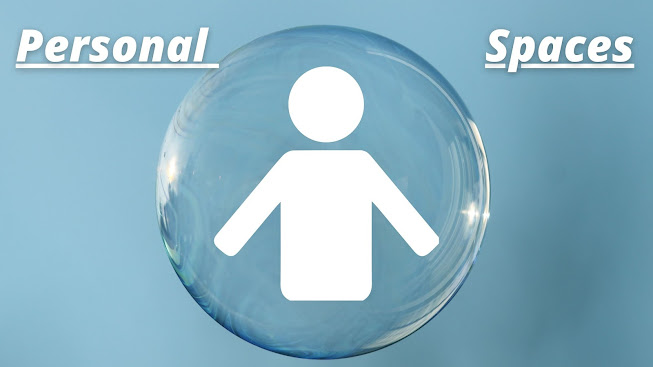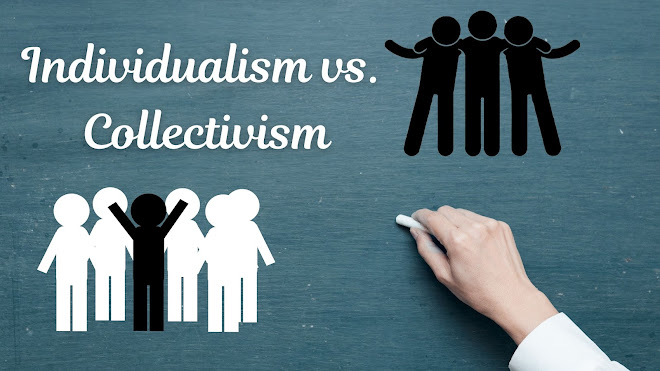Personal Space Differences
25 de março Street – Source: https://g1.globo.com/sao-paulo/noticia/rua-25-de-marco-vira-formigueiro-humano-no-ultimo-fim-de-semana-antes-do-natal.ghtml
I am from a country where there’s no personal space, so how could this affect my profession as a teacher in a TESOL class? Could a teacher touch a student’s shoulder while speaking or elbow him or her to motivates to speak in front of the class? Maybe to some cultures touching the shoulder is not breaking the limits of personal space, an elbow doesn’t seem appropriate. Students could feel intimidated, afraid, or scared, causing some type of misunderstanding and can lead to bad consequences.
The limits of personal space are different in each culture and even being part of a culture where there’s no personal space, I have my own personal space rules. Sometimes, I can’t run out of a situation where there isn’t personal space like surviving to take the bus or the subway or standing in the line at the market with people pushing, but in a TESOL classroom, some situations can be avoided.
Students will spend some time together in the same space, how can this space be divided to each student? It’s not like taking a bus or a train but at some point, some individual spaces will be broken and students’ reactions can be different because this besides being cultural is personal. What a challenge! Are there some personal spaces in common among all the cultures? I don’t think so and this is what makes us so different. There is beauty in differences but we can’t see if we are not open to it.
I think one of the greatest roles of a TESOL teacher is to help students to see the world with other eyes, without changing who they are but adding who they are to each other. To do this, they have to be open what they know or do cannot be defined as the only right thing, and knowing each other without critical thinking of a situation can help them to respect and avoid misunderstandings.
Lilian Perez.




Comments
Post a Comment